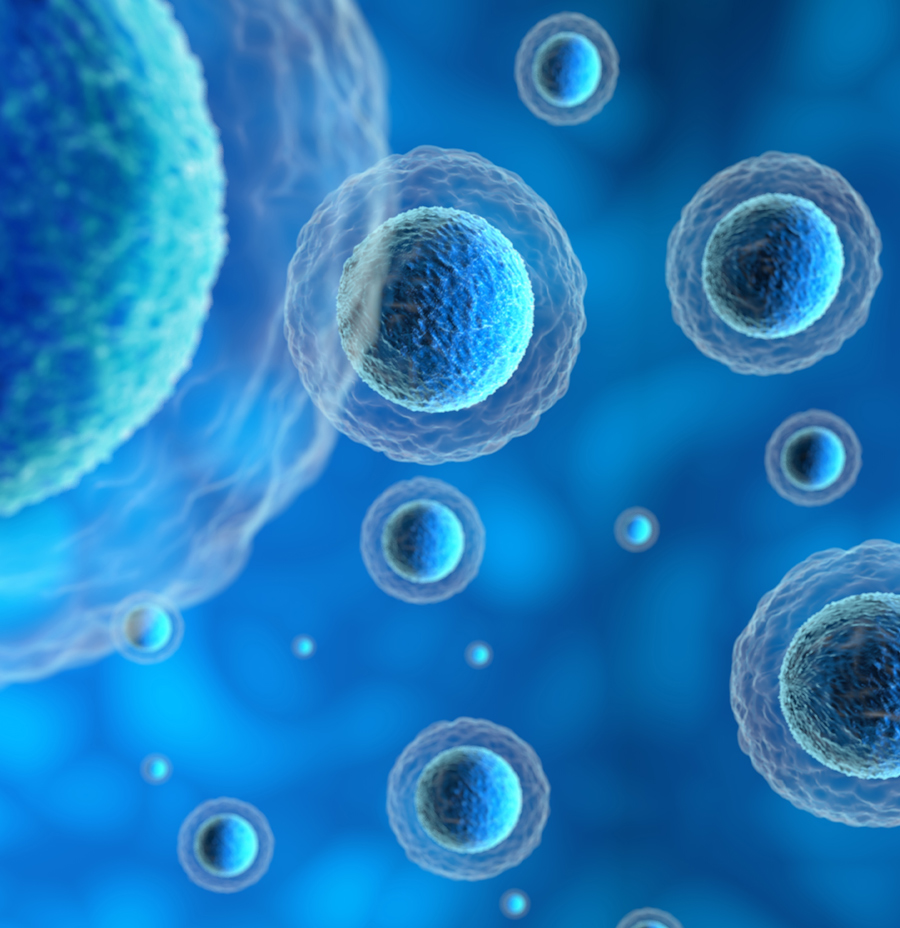Infectious

What are infectious diseases?
These are alterations caused by microorganisms (bacteria, viruses, fungi or parasites) that can cause disease.
What are the most frequent ones in which we can intervene?
Fungal infections
Candidiasis and other fungi
Bacterial infections
Yersinia, Borreliosis or Lyme disease, urological and enteropathogenic Escherichia coli, recurrent urinary tract infections, antibiotic diarrhea, cystitis, Helicobacter pylori, chlamydia, pseudomonas and other bacterial infections.
Viral infections
viral hepatitis, herpes, influenza and influenza processes, prevention of influenza and winter infections, cytomegalovirus, respiratory syncytial virus, papilloma, acute and chronic infectious mononucleosis, viral diarrhea, COVID19 and other viral infections.
What is the cause?
Microorganisms enter the body and cause direct injury to our tissues, even at a distance due to the toxins they produce; or they stimulate an immune response in us so intense that in addition to trying to destroy them, the very tissue where this defense takes place is affected.
What is our objective?
To give adequate information to the cell to prevent disease-causing microorganisms from entering, multiplying and destroying it. Prevent them from producing toxins or taking over the cellular machinery and using it for their own benefit.
How can we help?
First we must make a proper diagnosis by interview, examination and accurate diagnostic techniques. diagnostic techniques, such as such as protein profiling, lymphocyte typing, serology and others.
When we have all the data, we can act favoring cellular autoregulation with different strategies: Bioimmunogenetics o Bi(G)MED, nutrition y micronutritionas well as other complementary treatments required by the specific case.



